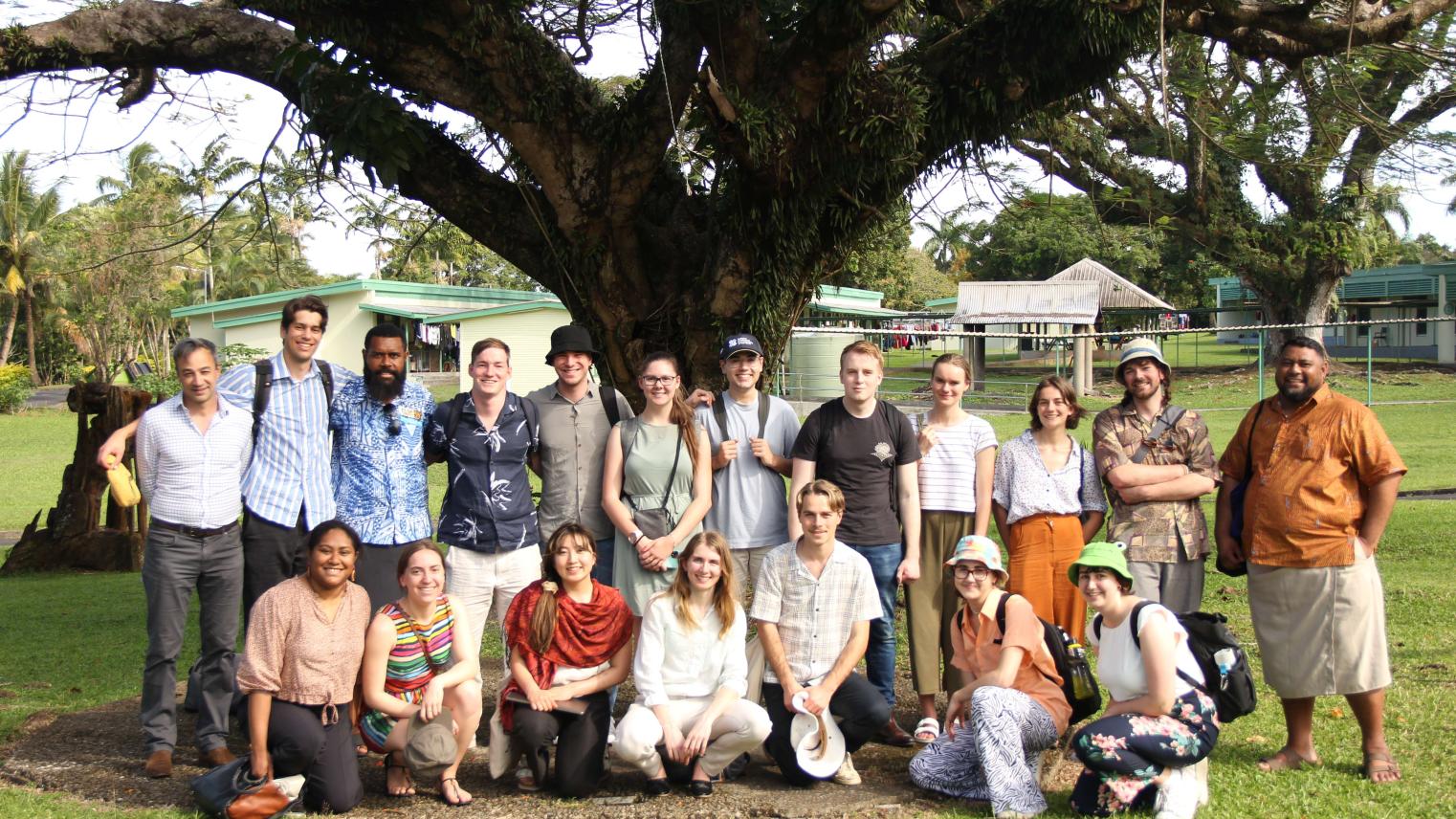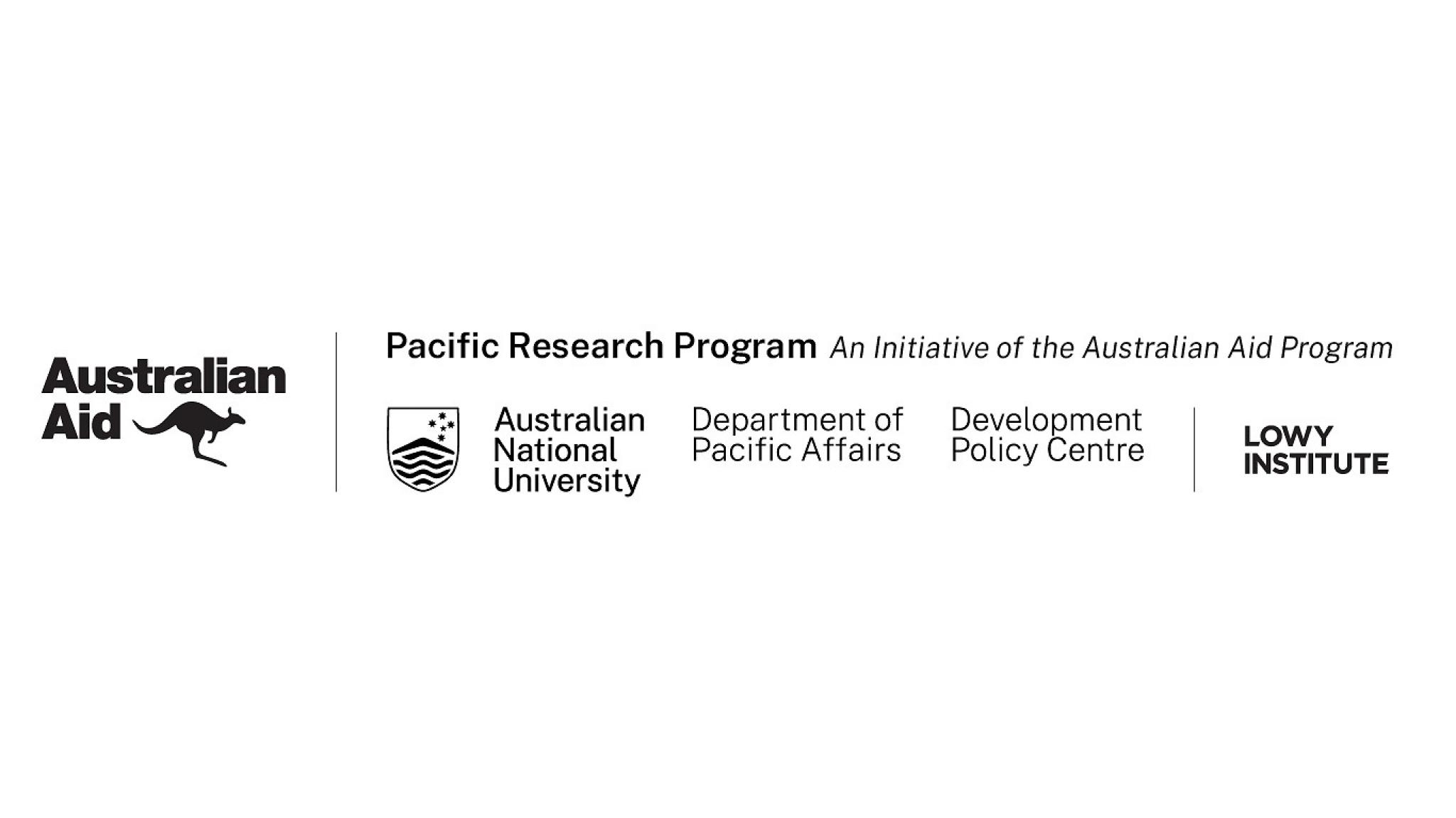Pacific Research Program

The Pacific Research Program (PRP) generates and disseminates independent Pacific-focussed research as a regional public good, and supports stronger evidence-based policy making in the Pacific by working to foster stronger research practice and deeper research-to-knowledge engagement.
The PRP consortium is led by the Department of Pacific Affairs (DPA) at the Australian National University, in partnership with the Development Policy Centre and the Lowy Institute, and is co-funded by Australia’s Department of Foreign Affairs and Trade, and the consortium partners’ parent bodies. The PRP is now in Phase II (2022-2026) and will take forward new and ongoing research in key priority areas of:
- Gender, disability and social inclusion (GEDSI)
- Pacific migration and integration
- Papua New Guinea including Bougainville
- Politics, governance and economic resilience
- Security, regionalism and geopolitics
PRP II builds on Phase 1 of the program to foster strong partnerships between Australian and Pacific universities, and teach and train the next generation of Pacific researchers. Over the course of four years, PRP II will also take forward new and ongoing research in key priority areas of Gender, Inclusion and Social Change; Labour Mobility and Integration; Politics, Governance and Economic Resilience; Papua New Guinea (and Bougainville) and Security, Regionalism and Geopolitics. With these focus areas in mind, the overall goal of PRP II is: ‘To deepen Australia-Pacific research & education partnerships that support evidence-based policy-making for the Pacific’.
PRP II will focus on the achievement of three End-of-Program Outcomes that together contribute to the overarching goal. These End-of-Program Outcomes can also be considered pillars of the program, these include:
-
Pillar 1. Better Informed Pacific Policy Makers (Research-to-Knowledge pillar) – this will see Pacific policy makers develop a deeper understanding of the Pacific development context and regional geo-politics, have greater access to quality independent research that supports evidence-based policy making, and deeper engagement with researchers.
-
Pillar 2. Stronger Pacific Research Partnerships and Practice (Pacific Partnerships pillar) – this will see Pacific researchers and institutions better equipped to undertake, manage and drive Pacific research, deliver quality research outputs and establish and maintain vibrant research networks and communities of practice.
-
Pillar 3. Greater Pacific Awareness (Pacific Awareness pillar) – this will see PRP research and analysis contributing to public debate and reaching a broader audience. The PRP builds on previous support provided by DFAT for Pacific research at ANU (primarily through DPA).
